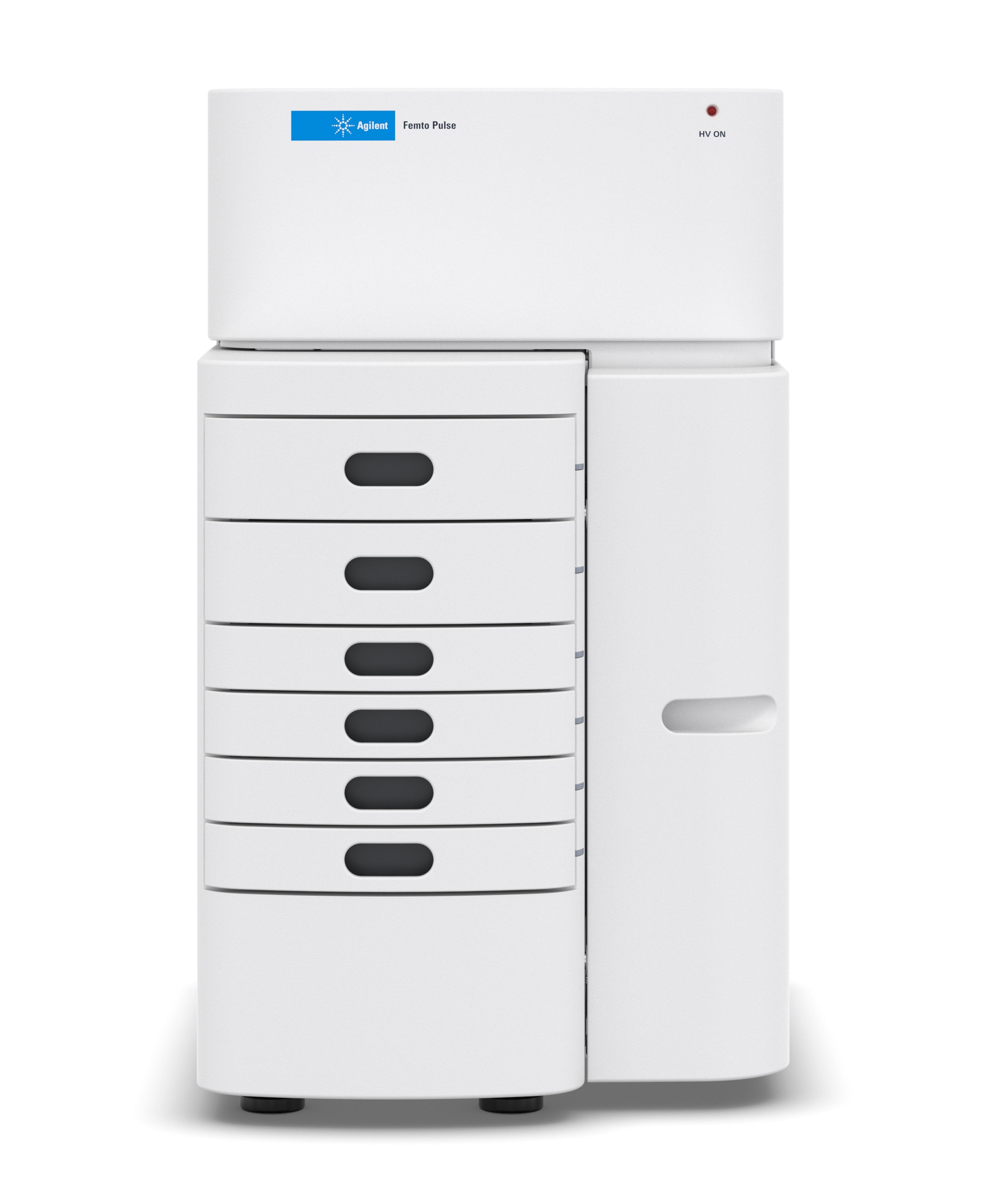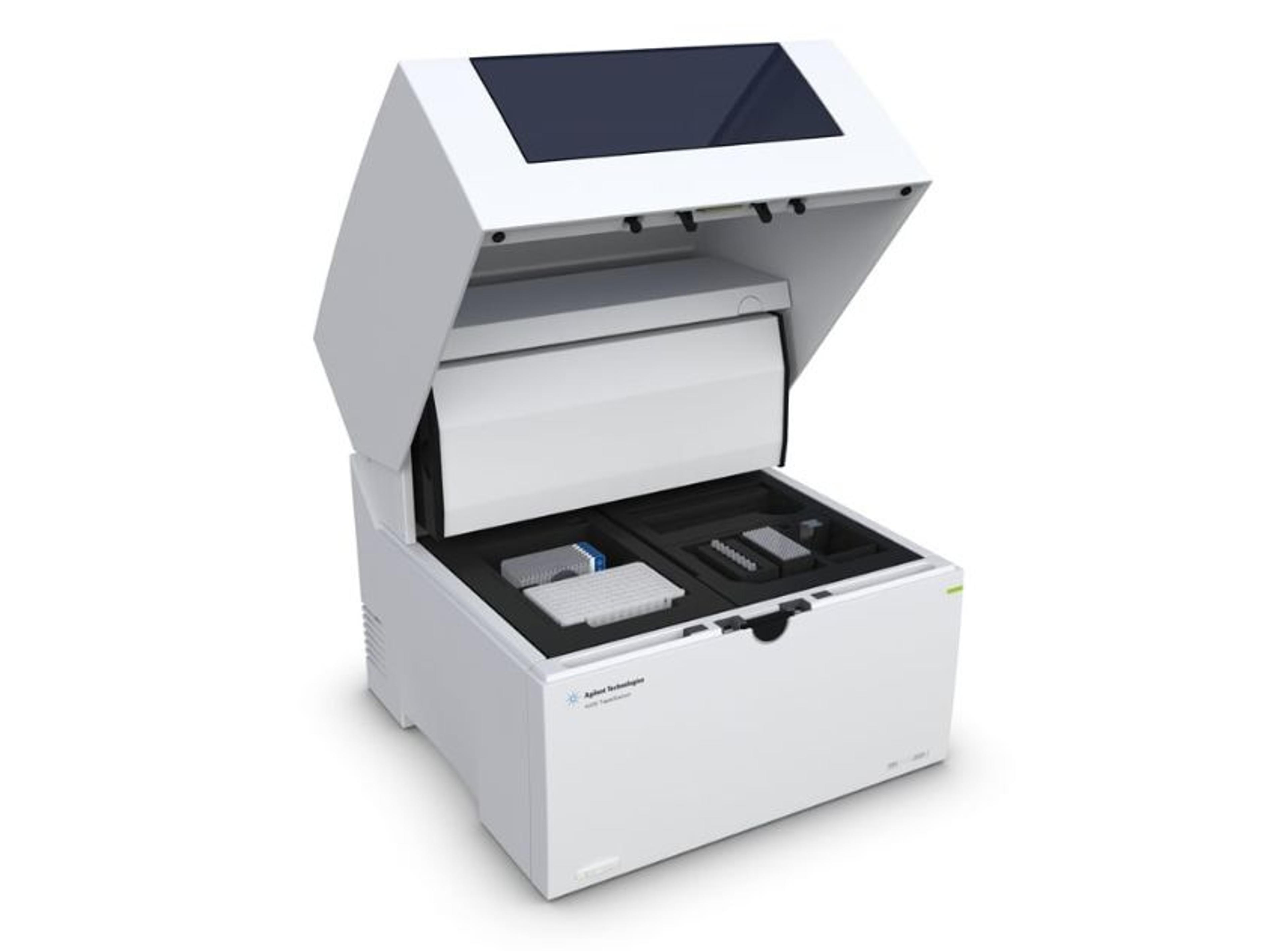
Is Sample Integrity Assessment for Long-Read Sequencing Technologies Essential?
Exploring Key Topics in Sample Quality Control for NGS Workflows
Next-generation sequencing (NGS) technologies enable deeper insights into different areas of research. In this latest webinar series, researchers from the European Molecular Biology Laboratory (EMBL), Quantabio LLC,, and Agilent Technologies discuss the importance of input sample quality control in whole genome sequencing (WGS), panel-based targeted sequencing and long-read sequencing workflows in order to maximize sequencing output.
Sample Integrity Assessment for Long-read Sequencing Technologies, Is It Essential?
Next generation sequencing (NGS) has evolved rapidly in the past decade creating opportunities for new technologies to emerge, ultimately making this technology more robust. Among these, particularly long-read sequencing has experienced an increase of popularity in the research community due to improvements in the overall stability and the quality of generated data.
However, the value of long-read sequencing data is critically dependent on the quality of the input material used for a library preparation. Therefore, reliable and accurate quality control (QC) is essential for the success of these sequencing technologies. At EMBL, the Agilent Femto Pulse system is a fundamental part of the daily routines for processing LRS samples. It allows researchers to verify the integrity and fragment size distribution of nucleic acid samples.
This webinar will highlight the importance of Femto Pulse in GeneCore workflows and present data that emphasize the significance of sample quality control for success of EMBL’s undertakings.
Key learning objectives:
- How stringent QC of incoming samples helps identify and prevent potential problems that could negatively impact their performance in library preparation and sequencing
- How ensuring the accurate size and quantity of the finished library is essential for maximizing sequencing output.
- How the Agilent Femto Pulse system is used in GeneCore workflows.
Who should attend:
- NGS and genomics researchers
- Molecular biologists
- Cancer researchers
- Sequencing lab managers and technicians
Certificate of attendance
- All webinar participants can request a certificate of attendance, including a learning outcomes summary, for continuing education purposes.
Speakers


Moderator



